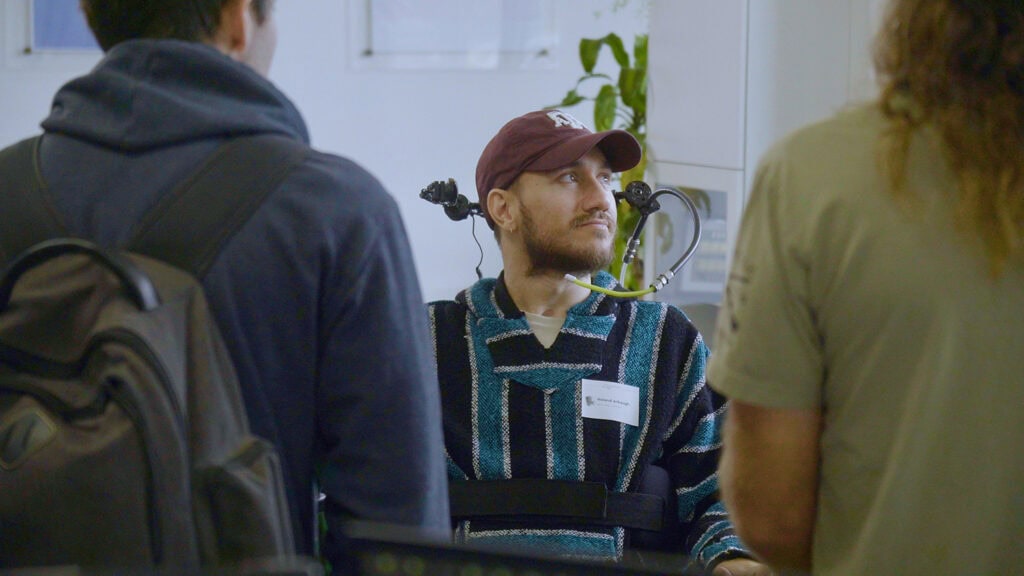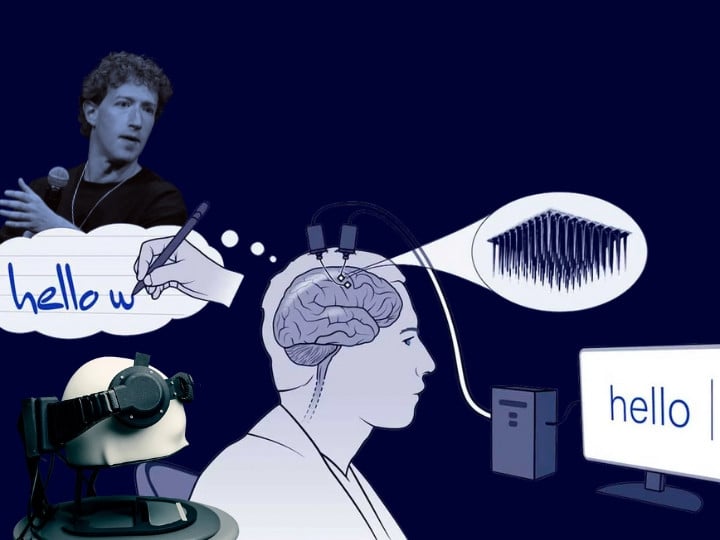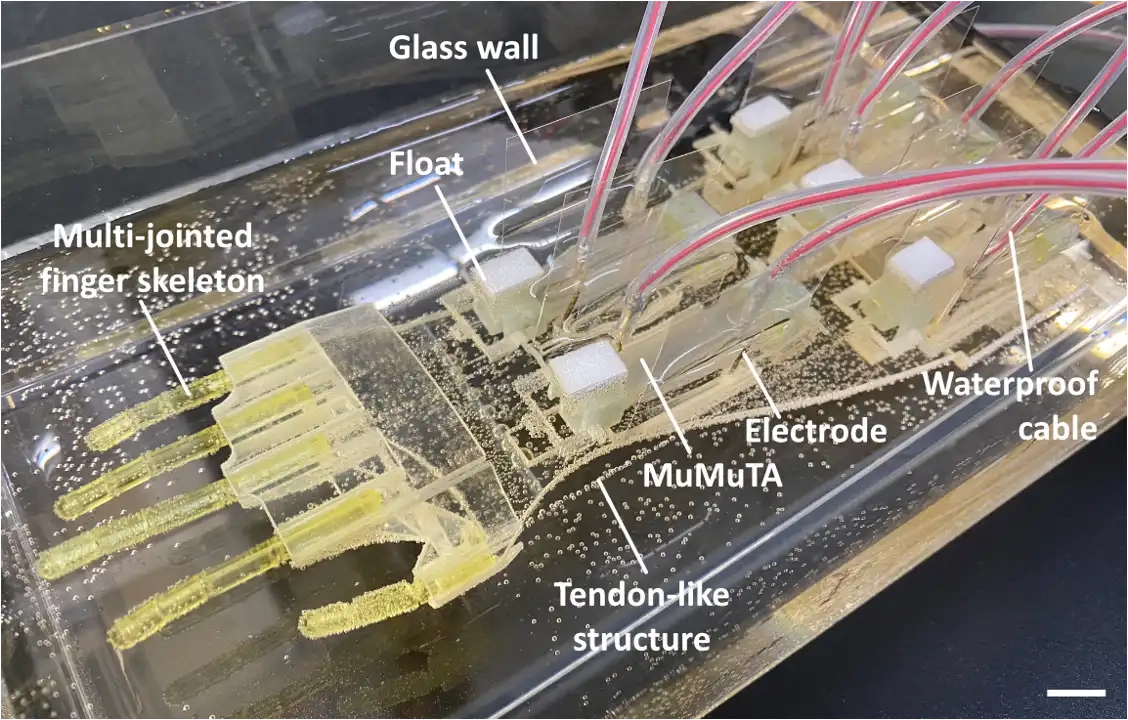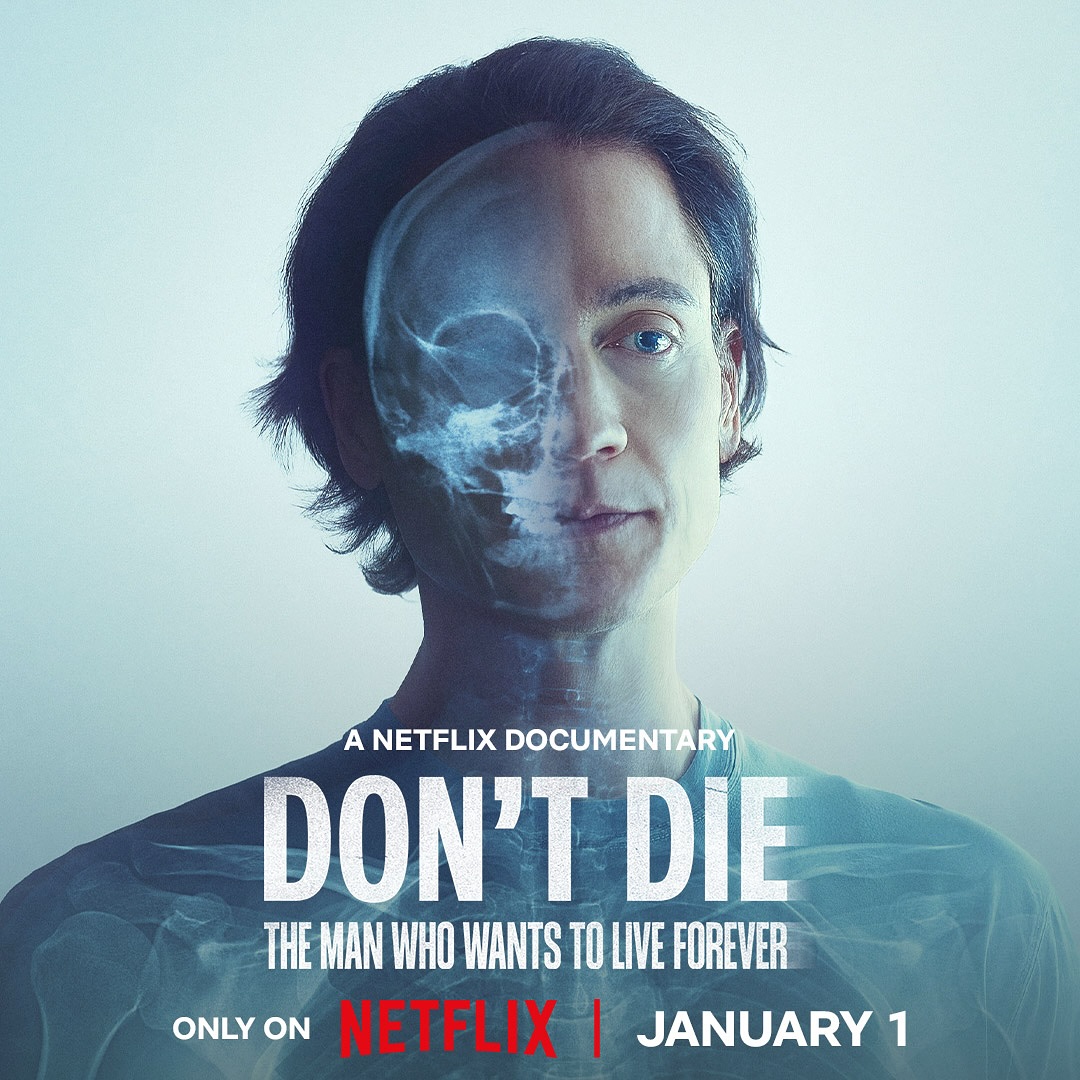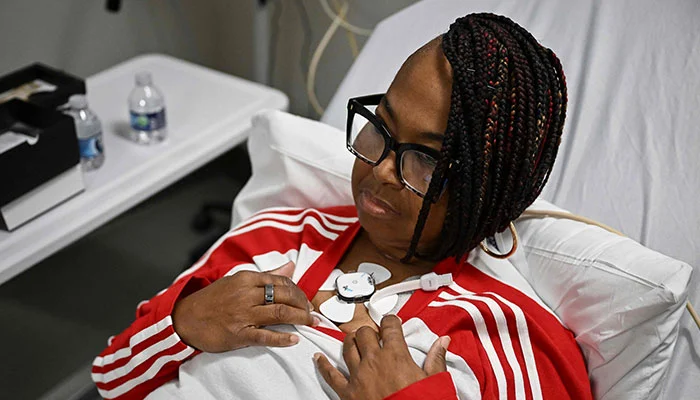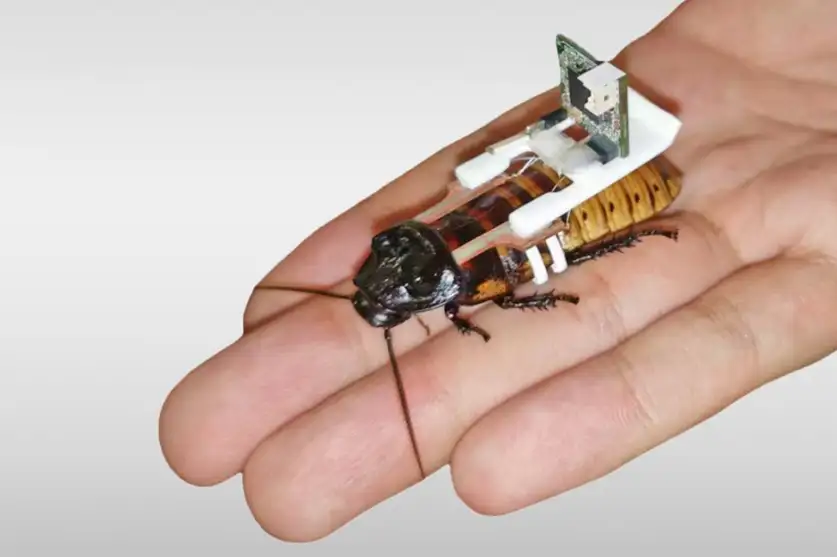The first Neuralink patient, Noland Arbaugh, gave an interview to Christianity Today, where he shared his experience with the brain implant, his faith, and his thoughts on the future of neurotechnology. In the interview, Arbaugh, a 30-year-old Christian who became quadriplegic after a spinal cord injury, discussed how the Neuralink chip, named “Eve,” has changed his life, allowing him to control a computer cursor with his thoughts. He also reflected on the ethical and theological implications of brain-machine interfaces, highlighting the role of faith in his journey.
A Life-Altering Accident and a Renewed Faith
Noland Arbaugh, from Yuma, Arizona, grew up in a Christian household and was actively involved in church. However, his faith took a backseat during his college years, where he studied international relations with an interest in politics and diplomacy. His life took a drastic turn after a severe accident left him paralyzed, forcing him to reevaluate his beliefs and purpose.
In the aftermath, Arbaugh struggled with feelings of helplessness and being a burden to those around him. Yet, he found comfort in his faith, seeing his survival not as an end but a new beginning. He likened his experience to the biblical story of Job, questioning whether he was enduring a test of faith or if his mother was the one facing tribulation through his suffering.
Becoming the First Neuralink Patient
When a friend suggested applying for Neuralink’s human trials, Arbaugh initially saw it as a joke, even mentioning in his application that he wanted an Iron Man suit. However, as the process unfolded, he realized the potential impact of the technology.
During his interactions with Neuralink’s medical team, he was surprised to find many fellow Christians involved in the project. His faith became a central part of his journey—he even prayed over the operating room before surgery, with the prayer broadcast over the hospital intercom, where even Elon Musk listened in.
Faith, Technology, and the Ethical Implications of Neuralink
Arbaugh acknowledges both the excitement and ethical concerns surrounding Neuralink. While he supports advancements in neurotechnology, he warns against potential risks, such as thought control or AI manipulation. However, he remains optimistic, believing that most people will use the technology for good.
His experience has pushed him to speak more openly about his faith, despite initial fears. He believes that being a Christian in the tech world offers a unique perspective, emphasizing ethical responsibility and the importance of using innovation for the right reasons.
As for the future, Arbaugh envisions a world where brain-machine interfaces help people overcome disabilities and expand human capabilities. Yet, he stresses that true freedom comes not from technology alone but from faith—echoing Tim Keller’s idea that real freedom lies in choosing the right constraints, such as a life devoted to God.
